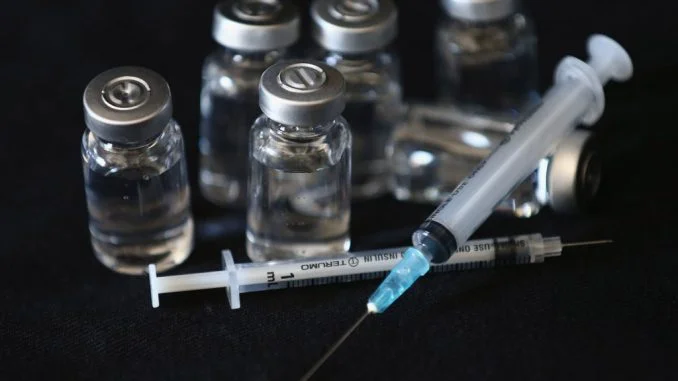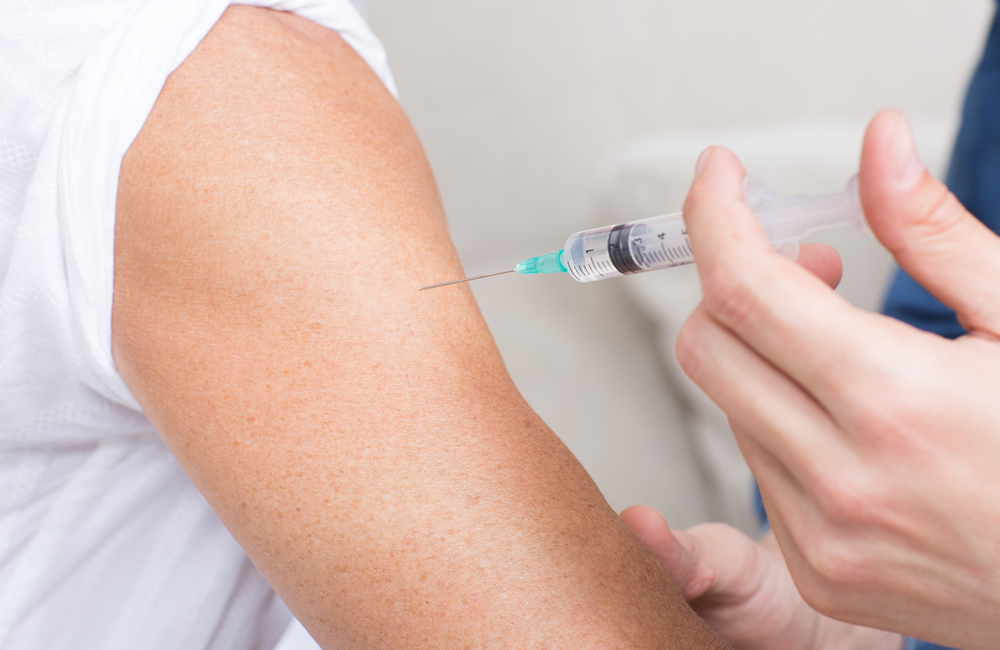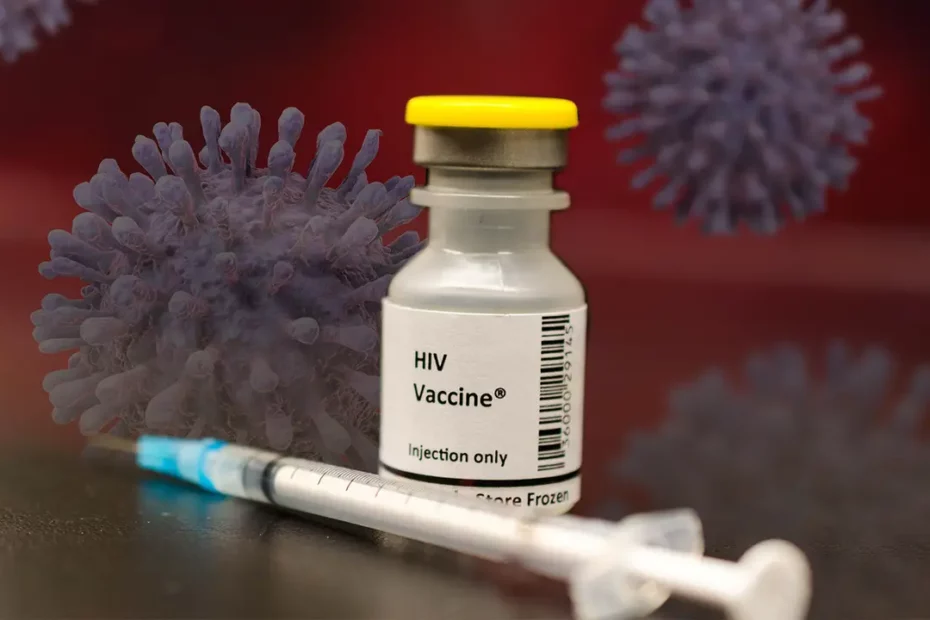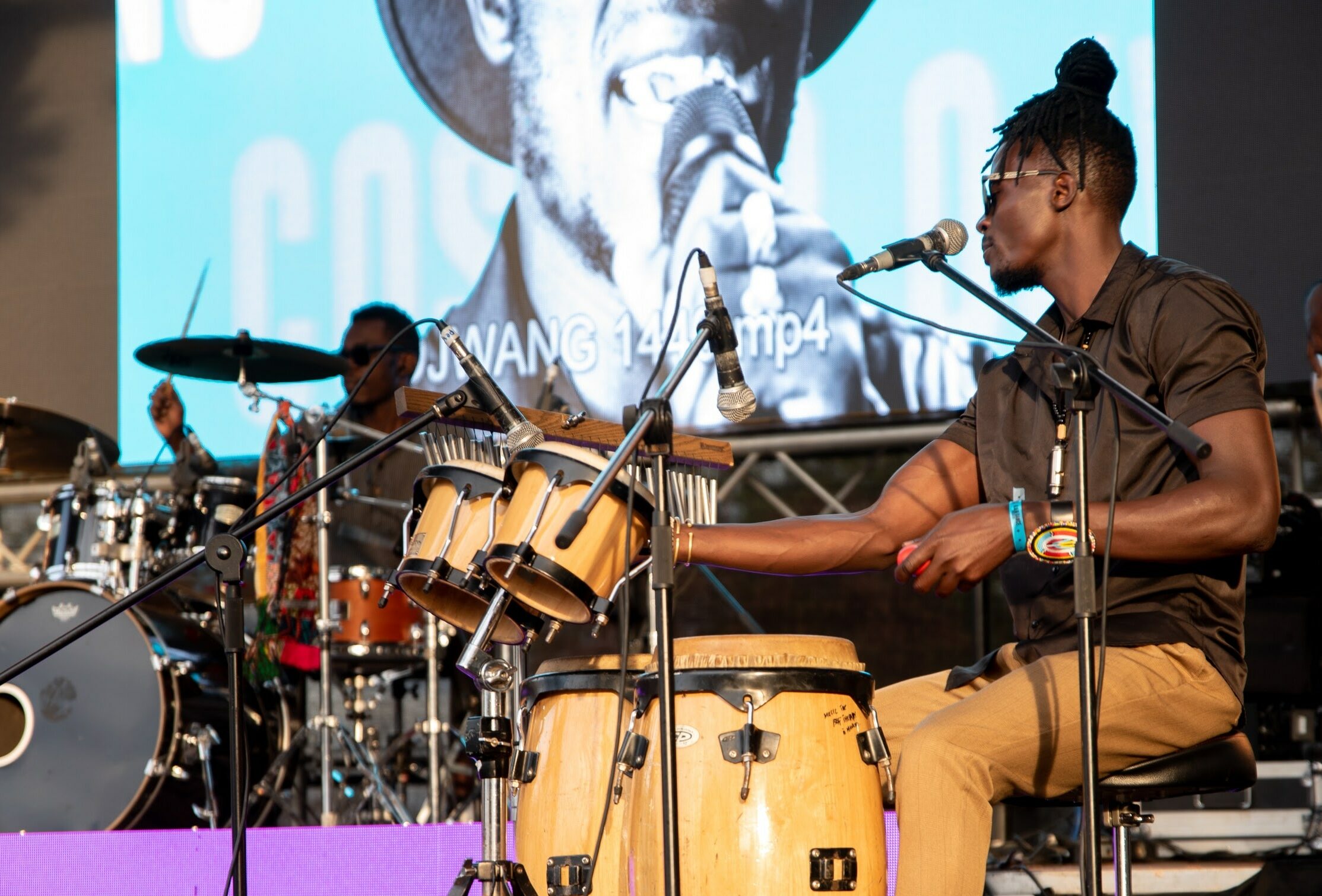HIV Vaccine Trial in Africa has been paused, despite being dubbed ‘the last roll of the dice’, after unsatisfactory initial results. The PrEPVacc prevention study was led by African researchers, and sponsored by Europeans. The testing of two experimental HIV vaccines alongside a novel oral pre-exposure prophylaxis (PrEP) has halted. With issues around the safety of the vaccine, not an issue, the trial’s leadership has suspended the vaccine. They cited its inability to prevent HIV. However, the oral PrEP aspect will remain.
This setback deals a significant blow to the medical community, which has encountered numerous obstacles in HIV vaccine trials spanning 36 years. Despite a notable decline in new HIV infections since the mid-1990s, recent UNAIDS data highlights that 39 million individuals worldwide live with the infection, with over half being women and girls. Notably, young women and girls (aged 15-24) account for 77% of new cases in sub-Saharan Africa.
With no effective HIV vaccine yet developed, one of the trial contributors cautioned against expecting another similar study until the 2030s.
HIV VACCINE Trial Project in Africa

The PrEPVacc trial involved 1,500 volunteers in Uganda, Tanzania, and South Africa, with women comprising 87% of participants. Chief Investigator Pontiano Kaleebu reflected on the results. He emphasized the need for novel vaccine approaches, advanced technology, and a new cadre of leaders to tackle the challenge.
Dr. Eugene Ruzagira, the Uganda Virus Research Institute (UVRI) trial director and assistant professor of epidemiology at the London School of Hygiene & Tropical Medicine, expressed
“Vaccinations to PrEPVacc trial participants have been stopped because an analysis of the data collected so far by our independent data-monitoring committee has led them to conclude that there is little or no chance of demonstrating that the vaccines we are testing are reducing the risk of acquiring HIV.”
Funding of the HIV Trials

The HIV vaccine trial in Africa, currently paused, used a €15 million (£12.8 million) grant from the European & Developing Countries Clinical Trials Partnership (EDCTP) of the EU. African researchers, alongside European scientists, led the PrEPVacc trials. They examined two distinct combinations of HIV vaccines to assess their efficacy in preventing infection among high-risk populations.
Professor Jonathan Weber, from Imperial College London and one of the trial’s sponsors, highlighted the essence of clinical trials:
“We conduct clinical trials to explore unanswered questions. Assessing the combination vaccine regimens in PrEPVacc, crafted over two decades, was crucial to determine whether they should be discontinued or further refined for HIV prevention.”
Professor Jonathan Weber, Imperial College London
“While we anticipate the outcomes and analysis of individual products, our interim findings suggest that this generation of potential HIV vaccines may not be viable,” he stated.
Professor Jonathan Weber, Imperial College London
He emphasized,
“With no ongoing HIV vaccine efficacy trials globally, the urgency to achieve this goal is now greater than ever. While we’ve made significant strides in HIV prevention, it’s crucial to embrace new vaccine strategies and technology for future progress.”
Globally, approximately 39 million people live with HIV, with over 25 million residing in sub-Saharan Africa.
Addressing an AIDS conference in Zimbabwe, Ruzagira expressed optimism, stating,
“Though the scientific challenges are formidable, I maintain a strong belief that an HIV vaccine will eventually emerge.”
The director of PrEPVacc, Dr. Eugene Ruzagira
The RV144 vaccine, tested in Thailand from 2003 to 2006, reported a one-third reduction in infection rates after three years.
Earlier trials in South Africa examining the sole vaccine demonstrating some HIV protection – the RV144 from Thailand – were halted in February 2020. The interim findings showed its ineffectiveness.
Professor Pontiano Kaleebu, the chief investigator for PrEPVacc at UVRI, insists on developing an efficient HIV preventive vaccine for Africa.



